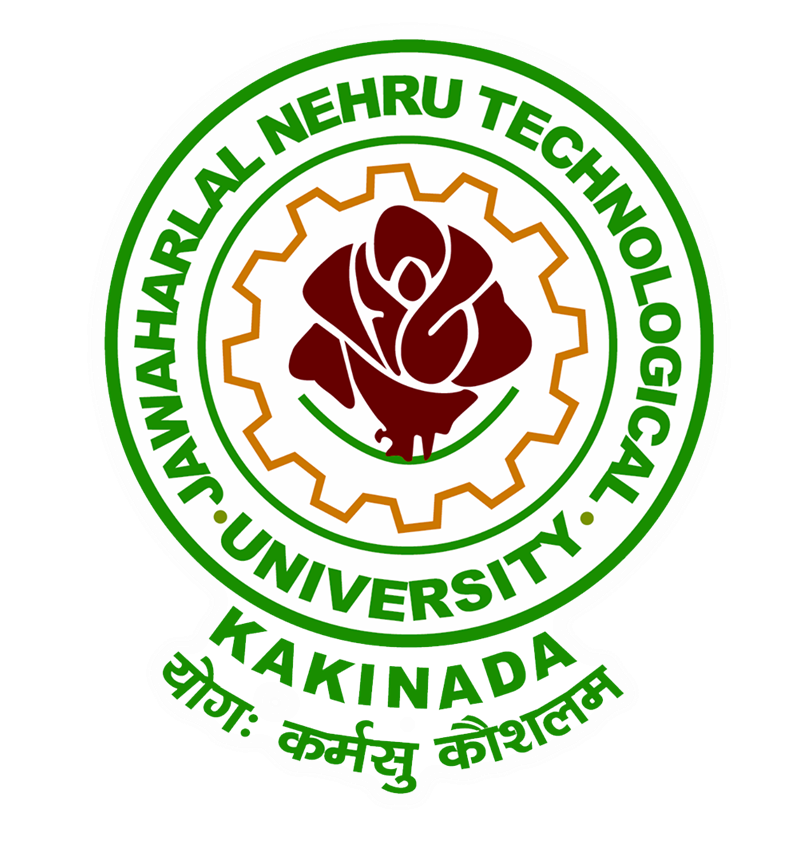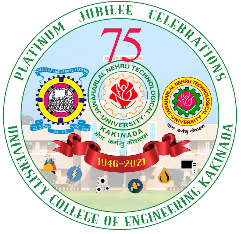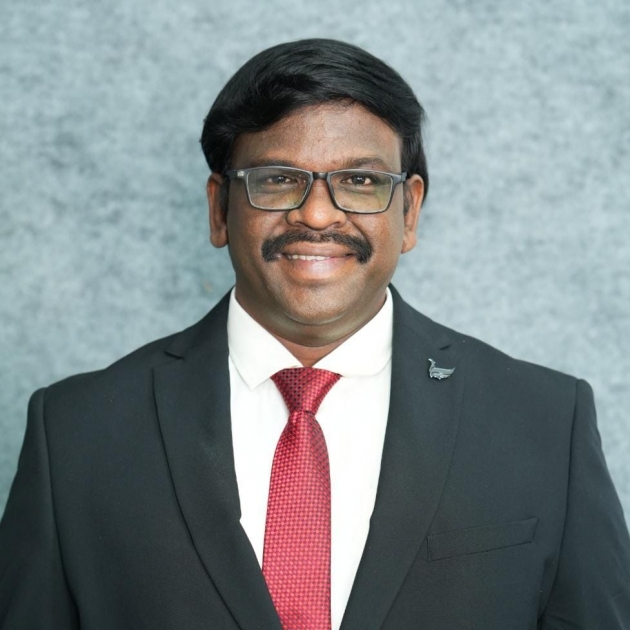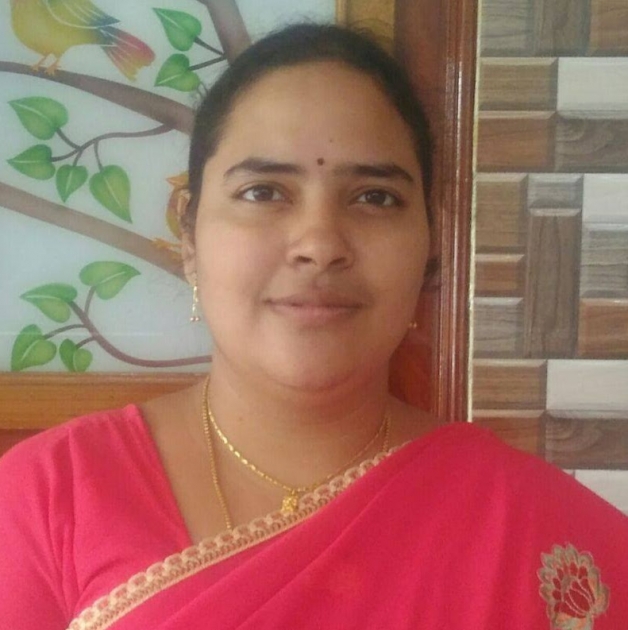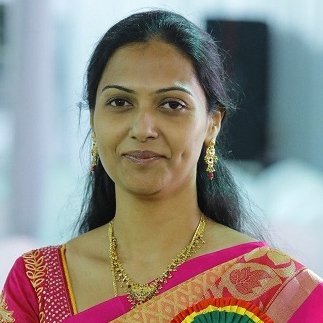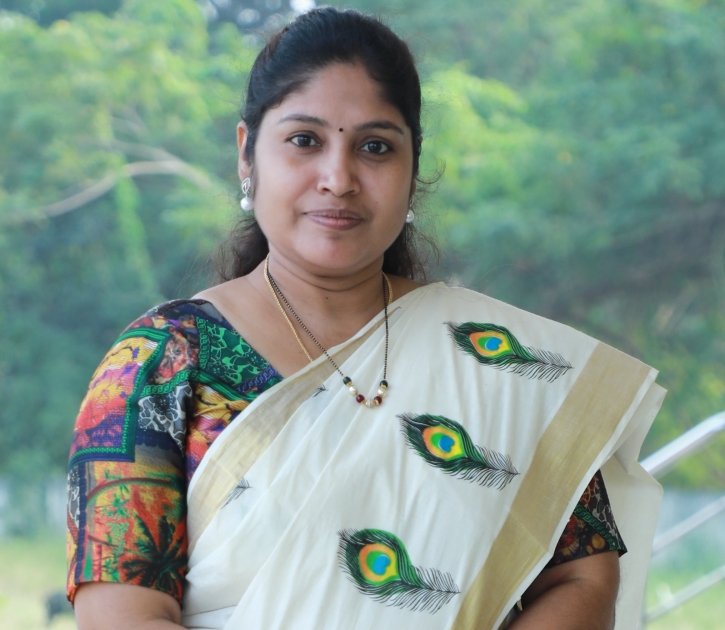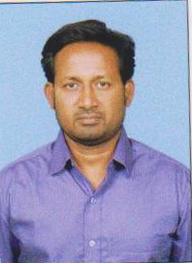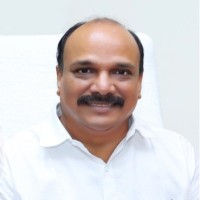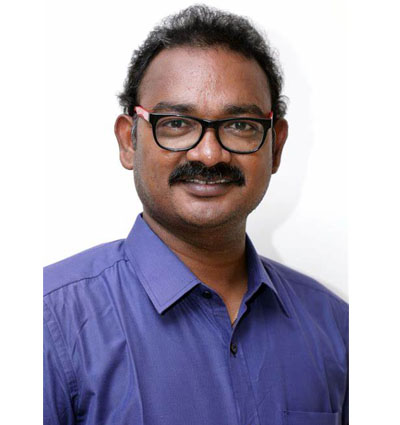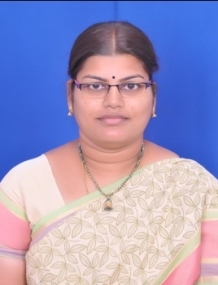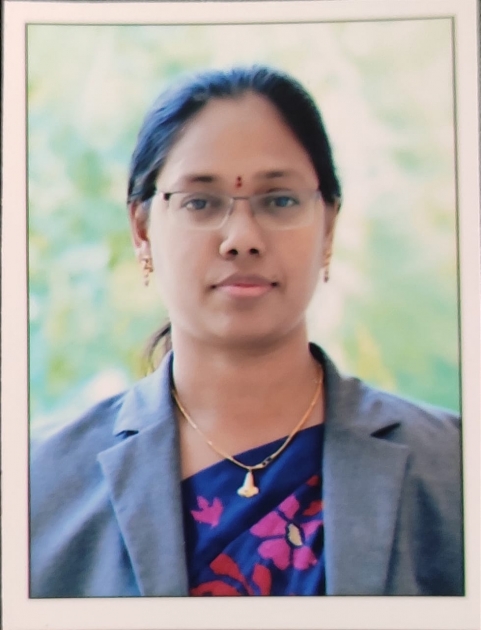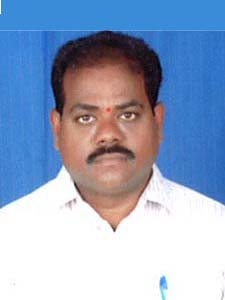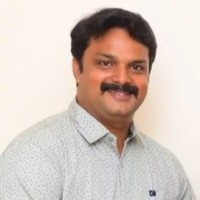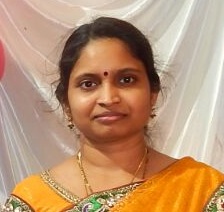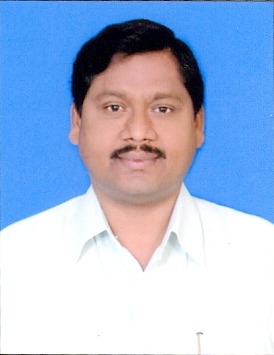HOD’s Desk
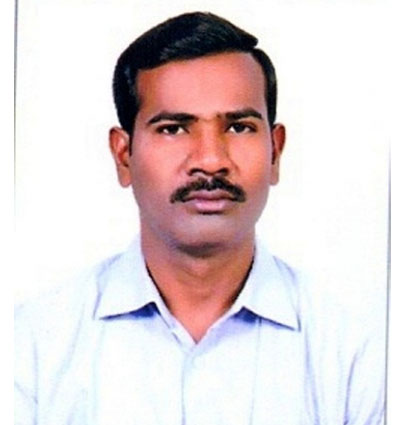
Dr. N Ramakrishnaiah
Head of the Department
Department of Computer Science and Engineering, JNTUK
Ph.D.
Email: nrkrishna27@gmail.com
Office Phone: 8842300866
Department Overview
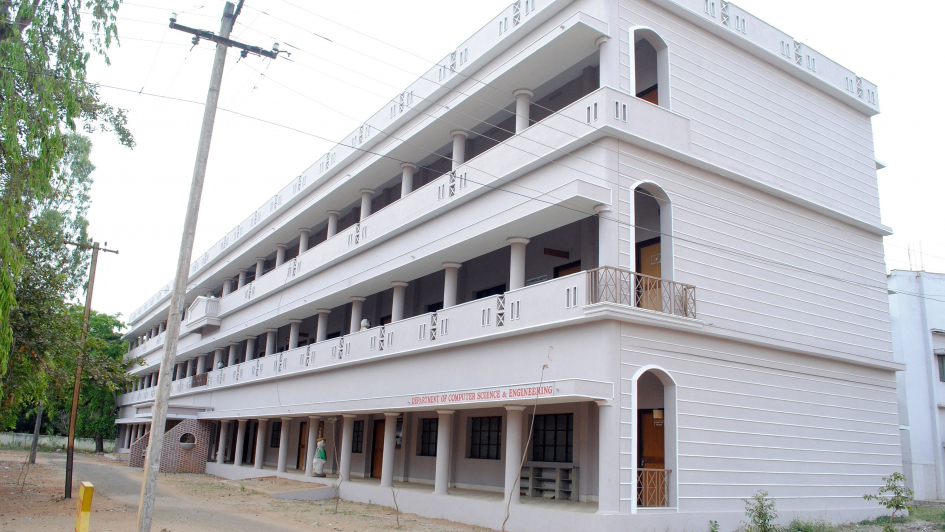
Department of Computer Science and Engineering
Establishment and Evolution
-
1990 – Department of Computer Science and Engineering (CSE) was formally established.
-
1987–88 – PGDCA (Post Graduate Diploma in Computer Applications) program started under the ECE Department — first computer-oriented course at the college.
-
1989–90 – B.Tech. in Computer Science and Engineering was introduced (initially under the ECE Department).
-
1990 onwards – Both PGDCA and B.Tech. programs were offered under the newly formed CSE Department.
-
1996 – MCA (Master of Computer Applications) program started.
-
2000–01 – M.Tech. (Full-Time) program introduced.
-
2001–02 – Further expansion in PG programs.
Academic Programs
-
Programs Offered: B.Tech., M.Tech., and MCA.
-
Curriculum Review: Regular updates every 2–3 years to align with industry requirements.
-
Board of Studies:
-
4 professors from JNTU CSE Department.
-
2 eminent professors from other universities.
-
2 reputed industrial experts.
-
-
Focus: Emphasis on industry-oriented, application-based education over purely theoretical instruction.
Infrastructure & Research
-
Well-equipped Labs:
-
Labs support UG & PG programs.
-
Modern facilities for software testing, internet technologies, programming languages, and data engineering.
-
-
Research Areas:
-
Distributed systems, cognitive computing, security.
-
Language engineering, databases, wireless networks.
-
Web services, cognitive informatics, computer ergonomics.
-
Industry & Alumni Connections
-
Alumni Success:
-
Hold top positions in companies like Microsoft, TCS, Satyam, Infotech, etc.
-
-
Placement:
-
Strong placement track record through on-campus and off-campus drives.
-
-
Industry Collaboration:
-
MoUs with TCS Ltd, Chicago State University, and Loment Technologies Ltd., USA for joint research and collaboration.
-
Development & Future Plans
-
World Bank-funded Modernization through TEQIP (Technical Education Quality Improvement Programme).
-
Infrastructure Expansion:
-
Procurement of new equipment for labs.
-
Need for further augmentation to launch new PG programs.
-
Additional faculty with expertise in advanced technologies being planned.
-
Expansion of department infrastructure and library resources under consideration.
-
Faculty Expertise
-
Faculty members specialize in:
-
Data Mining
-
Image Processing
-
Information Security
-
Computer Networks
-
Cloud Computing
-
Social Network Analysis
-
Internet of Things (IoT)
-
Vision & Mission
Vision
Department of Computer Science and Engineering strives rigorously to create intellectual academic environment with global standards that fosters the search for new knowledge in a highly dynamic computing-centric society through applied research.
Mission
M1: To provide quality education in both theoretical and applied foundations of computer science and train the students to solve the real world problems effectively thus enhancing their potential for high quality careers.
M2: To facilitate the students and faculty to inculcate the research culture to advance the state- of-the art of computer science and integrate research innovations in multi-disciplinary fields.
M3: To equip students and faculty with excellent teaching-learning capabilities through advanced learning tools and technologies.
M4: To produce students with critical thinking and lifelong learning capabilities for applying their knowledge to uplift the living standards of the society.
M5: To produce students with enriched skill set, professional behaviour, strong ethical values and leadership capabilities so as to work with commitment for the progress of the nation.
PEOs, POs & PSOs
B.Tech
PEO 1:
"Competent IT professional with sound fundamental and applied knowledge in Computer Science and Engineering."
Explanation:
Graduates will possess a strong foundation in theoretical principles as well as practical skills in core areas of Computer Science and Engineering. This includes programming, algorithms, data structures, databases, operating systems, networking, and software engineering.
They will be capable of applying this knowledge effectively to design, develop, and maintain software and hardware systems that meet industry standards, making them valuable assets in IT and technology-driven industries.
PEO 2:
"Sustained learner to bring out creative and innovative ideas to meet the challenges of industry and society with ethics and human values and pursue higher studies."
Explanation:
Graduates will cultivate a habit of lifelong learning, enabling them to adapt to emerging technologies and evolving industry trends. They will be encouraged to think critically and innovatively, proposing novel solutions to real-world problems.
In doing so, they will uphold professional ethics, integrity, and social responsibility. This objective also prepares students for advanced studies (M.Tech, Ph.D.), research, or specialized professional certifications.
PEO 3:
"Entrepreneurs in computer science acquainted with interpersonal, managerial skills to make them successful in multidisciplinary fields."
Explanation:
Graduates will be equipped not only with technical expertise but also with entrepreneurial skills, such as leadership, communication, teamwork, and project management. These skills are essential for launching startups, leading projects, or innovating within organizations.
Their interdisciplinary knowledge and adaptability will allow them to thrive in diverse domains such as finance, healthcare, education, or manufacturing, where computing plays a crucial role.
M.Tech
PEO 1
"To empower critical thinking and innovative research in core and multidisciplinary areas to solve real world problems through life-long learning skills."
Explanation:
Graduates will be encouraged to develop critical thinking abilities and a research-oriented mindset that enables them to analyze complex problems and create innovative solutions. The curriculum will foster a deep understanding of core computer science concepts while promoting integration with multidisciplinary fields like healthcare, business, and environmental sciences.
By embracing life-long learning, students will stay relevant in a fast-changing technological world and continue to contribute effectively to solving societal and industrial challenges throughout their careers.
PEO 2
"Augment technological competence and self-learning capabilities and become adaptable computer science professionals in Academics, Research and Industry."
Explanation:
This objective aims to build strong technological proficiency among graduates by training them in current tools, frameworks, and methodologies in Computer Science. Simultaneously, it encourages self-learning and adaptability, so students can independently explore new technologies and concepts beyond formal education.
Graduates will be well-prepared for diverse roles in academia, industry, and research, capable of thriving in dynamic environments where continuous learning and flexibility are key.
PEO 3
"Exposure to emerging technologies to handle complex challenges adhering to social, legal and ethical responsibilities."
Explanation:
Graduates will gain hands-on experience with emerging and advanced technologies such as artificial intelligence, machine learning, cloud computing, cybersecurity, and IoT. This exposure equips them to tackle complex technical and societal challenges in a responsible and sustainable manner.
They will be trained to make informed decisions while considering ethical standards, legal constraints, and social implications, thereby becoming responsible technologists and innovators.
B.Tech
PO1: Engineering knowledge: Apply the knowledge of mathematics, science, engineering fundamentals, and an engineering specialization to the solution of complex engineering problems.
PO2: Problem analysis: Identify, formulate, review research literature, and analyze complex engineering problems reaching substantiated conclusions using first principles of mathematics, natural sciences, and engineering sciences.
PO3: Design/development of solutions: Design solutions for complex engineering problems and design system components or processes that meet the specified needs with appropriate consideration for the public health and safety, and the cultural, societal, and environmental considerations.
PO4: Conduct investigations of complex problems: Use research-based knowledge and research methods including design of experiments, analysis and interpretation of data, and synthesis of the information to provide valid conclusions.
PO5: Modern tool usage: Create, select, and apply appropriate techniques, resources, and modern engineering and IT tools including prediction and modeling to complex engineering activities with an understanding of the limitations.
PO6: The engineer and society Apply reasoning informed by the contextual knowledge to assess societal, health, safety, legal and cultural issues and the consequent responsibilities relevant to the professional engineering practice.
PO7: Environment and sustainability: Understand the impact of the professional engineering solutions in societal and environmental contexts, and demonstrate the knowledge of, and need for sustainable development.
PO8: Ethics: Apply ethical principles and commit to professional ethics and responsibilities and norms of the engineering practice.
PO9: Individual and team work: Function effectively as an individual, and as a member or leader in diverse teams, and in multidisciplinary settings.
PO10: Communication: Communicate effectively on complex engineering activities with the engineering community and with society at large, such as, being able to comprehend and write effective reports and design documentation, make effective presentations, and give and receive clear instructions.
PO11: Project management and finance : Demonstrate knowledge and understanding of the engineering and management principles and apply these to one’s own work, as a member and leader in a team, to manage projects and in multidisciplinary environments.
P012: Life-long learning: Recognize the need for, and have the preparation and ability to engage in independent and life-long learning in the broadest context of technological change.
M.Tech
PO 1: An ability to independently carryout research / investigation & development work to solve practical problems.
PO 2: An ability to work and present a substantial technical report / document.
PO 3: Students should be able to demonstrate a degree of mastery over the area as per the specialization of the program. The mastery should be a level higher than the requirements in the appropriate bachelor program.
PO 4: Explore, select, learn and apply Mathematical foundations, algorithms, databases, networking and computer science principles in modeling and designing computing systems.
PO 5: Ability to update skills with enhanced computing technologies for attaining professional excellence and serve in the Academia/Industry.
PO 6: Apply state of the art computer science tools and techniques for solving engineering/societal problems by following ethical practices.
Program Specific Outcomes
Computer Science & Engineering
PSO 1
"Design algorithms for real-world computational problems and analyze the complexities to optimize solutions."
Explanation:
Graduates will be proficient in formulating and designing efficient algorithms to solve diverse and practical computational problems. They will understand the underlying mathematical and logical foundations, enabling them to evaluate time and space complexities of solutions.
This PSO emphasizes not just correctness, but also optimization and performance, making graduates capable of creating scalable software solutions suitable for real-time, resource-constrained, or high-performance applications.
PSO 2
"Apply methods and tools for data acquisition, analysis, and knowledge discovery in developing decision-making systems."
Explanation:
Students will be trained in data engineering pipelines — from collecting, cleaning, and storing data to analyzing and visualizing it. They will leverage statistical techniques, machine learning models, and data mining methods to extract actionable insights.
This PSO prepares them to build intelligent systems that support decision-making in various domains such as healthcare, finance, e-commerce, and social media by converting raw data into meaningful information.
PSO 3
"Develop adaptable and self-learning models with real-world data fitting, evaluation, and performance improvement methods."
Explanation:
Graduates will acquire skills to build self-learning systems such as machine learning and artificial intelligence models that can adapt to dynamic environments and real-world data variations.
They will understand processes like model training, validation, testing, and hyperparameter tuning to ensure high performance and robustness. This PSO equips them to innovate in areas like predictive analytics, autonomous systems, and intelligent automation.
Syllabus
| Regulation Code | Programme Level | Department | Specialization | Document | Date |
|---|---|---|---|---|---|
| No records found | |||||
Faculty
Contract Faculty
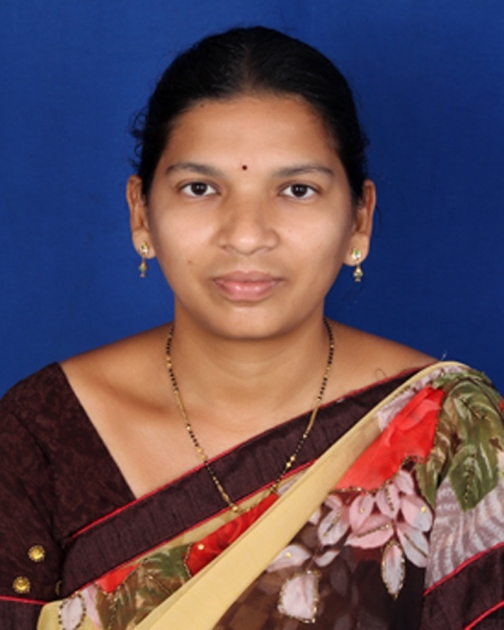
Mrs. USHA NAG
ushanag1686@gmail.com
Mr. Ravi Kiran K
kravi1189@gmail.com
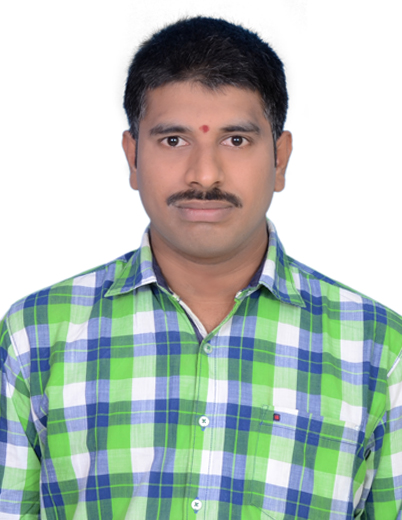
Mr. KADAMBARI RAGHURAM
kadambari.raghuram143@gmail.com
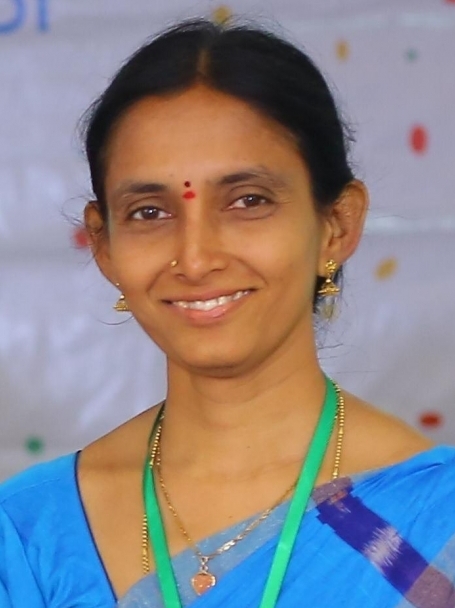
Mrs. MVSV Kiranmai
mvallikiran@gmail.com
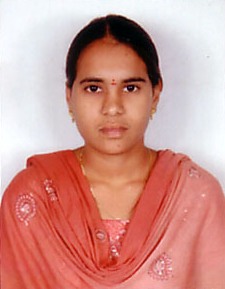
Mrs. M. Aruna
arunamellam@gmail.com
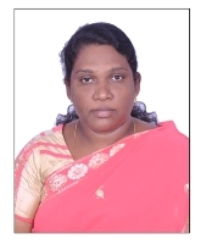
Mrs. Samatha Korukonda
samathak15@gmail.com
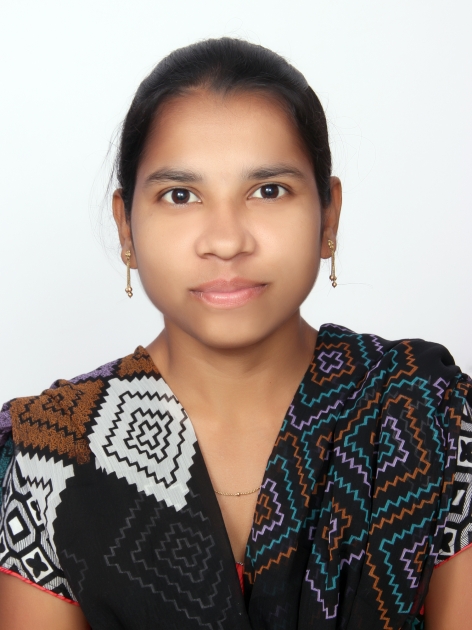
Ms. K.SARASWATHI
saraswathi.kalum@gmail.com
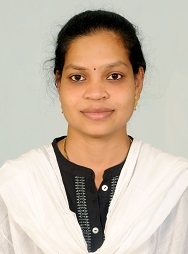
Mrs. G. Dhana Lakshmi
dhanalakshmi.gvp@gmail.com
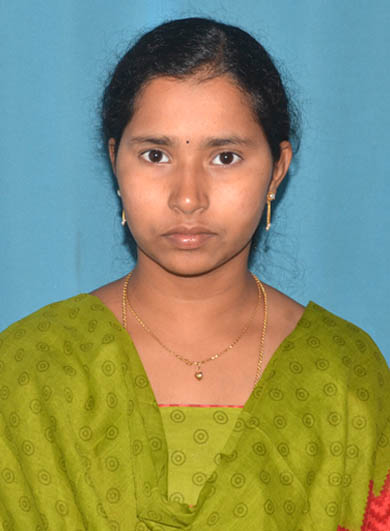
Mrs. ch.priya darshini
ch.priyadarshini84@gmail.com
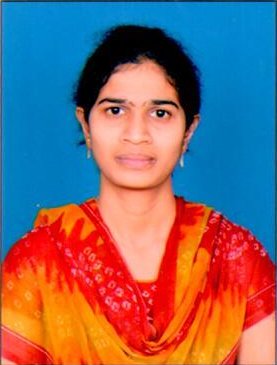
Mrs. M.Lovakumari
lovakumari584@gmail.com

Mr. Hemanth kumar
satya023.hemanth@gmail.com
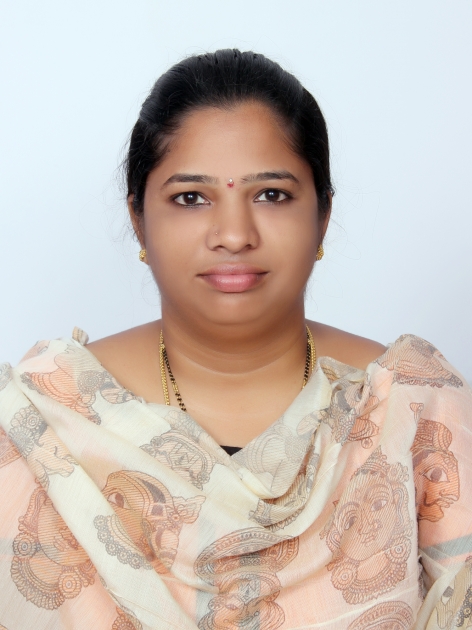
Mrs. M.Kanthi Rekha
rekha.allsmiles@gmail.com

Mr. Ginjala venkata siva
ginjala.siva@gmail.com
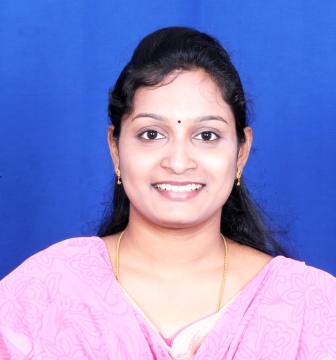
Mrs. Kamisetty Mythri Sridevi
mythri.sridevi@gmail.com
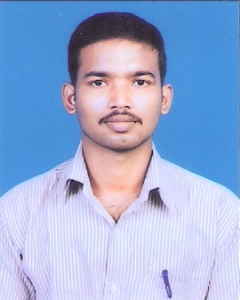
Mr. CH.SUBHASH
subhash.8581@gmail.com
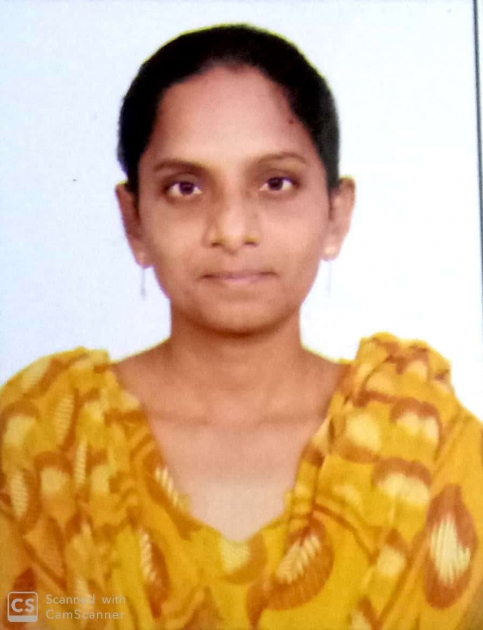
Ms. B. Sundara Leela
sundaraleela.b@gmail.com
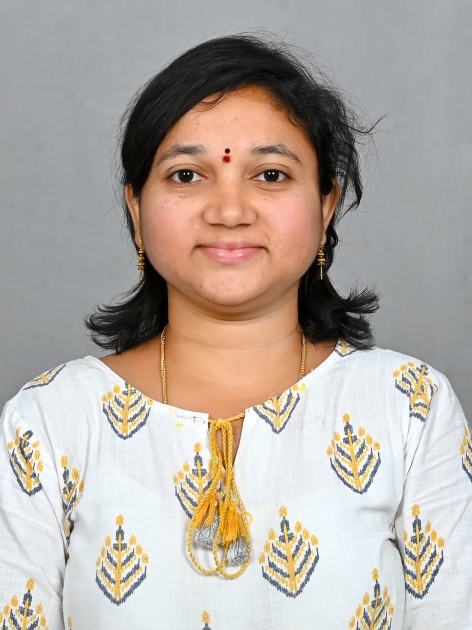
Mrs. Mereti S V M S Vyshnavi
vyshnavimereti@gmail.com
Roll of Honours
| # | Register No | Student Name | Department | Year of Pass Out | Percentage | Created At |
|---|---|---|---|---|---|---|
| 1 | 10021A0505 | Chogala S R Swamy Saranam | Computer Science and Engineering | 2014 | 87.27% | 2025-05-19 05:31:14 |
| 2 | 10021A0548 | I Ramya Meghna | Computer Science and Engineering | 2014 | 77.00% | 2025-05-19 05:31:14 |
| 3 | 10021A0404 | test | Computer Science and Engineering | 2024 | 56.50% | 2025-05-19 09:11:42 |
Placements
| # | Htno | Student Name | Department | Employee Name | Created At |
|---|---|---|---|---|---|
No records found.
| |||||
